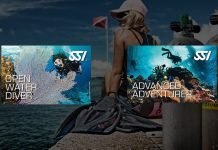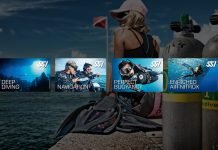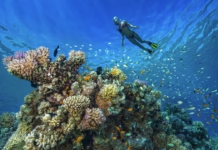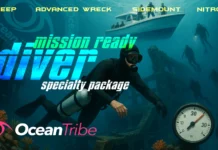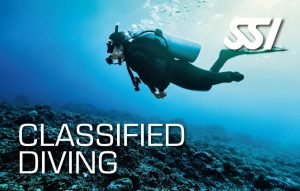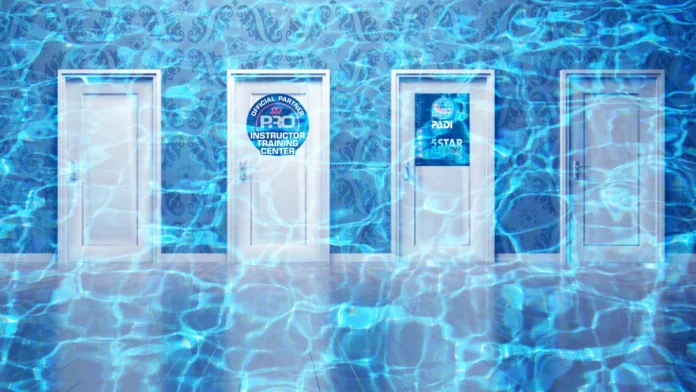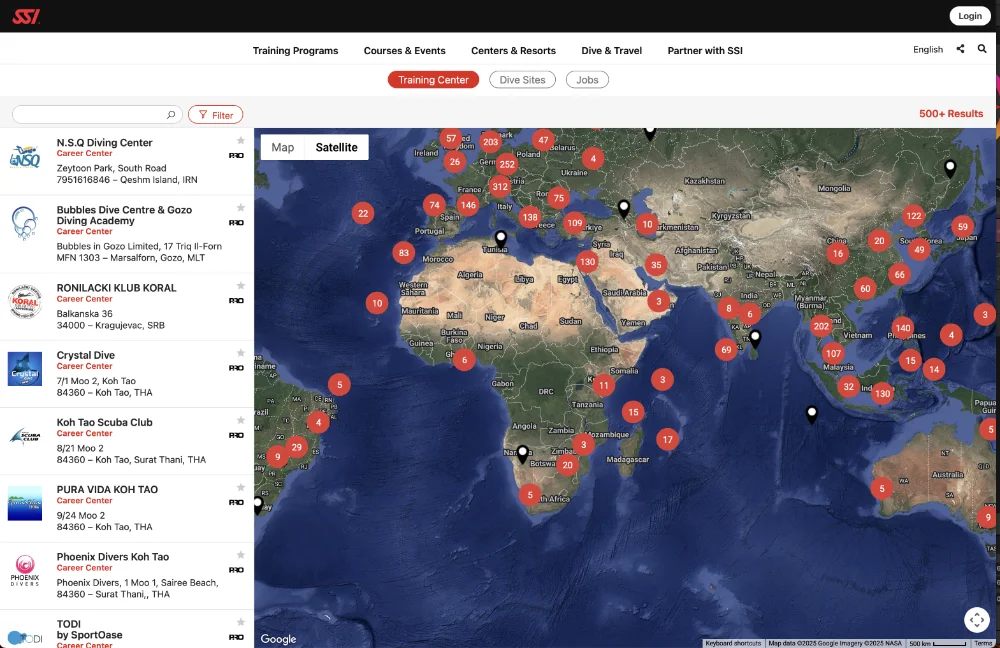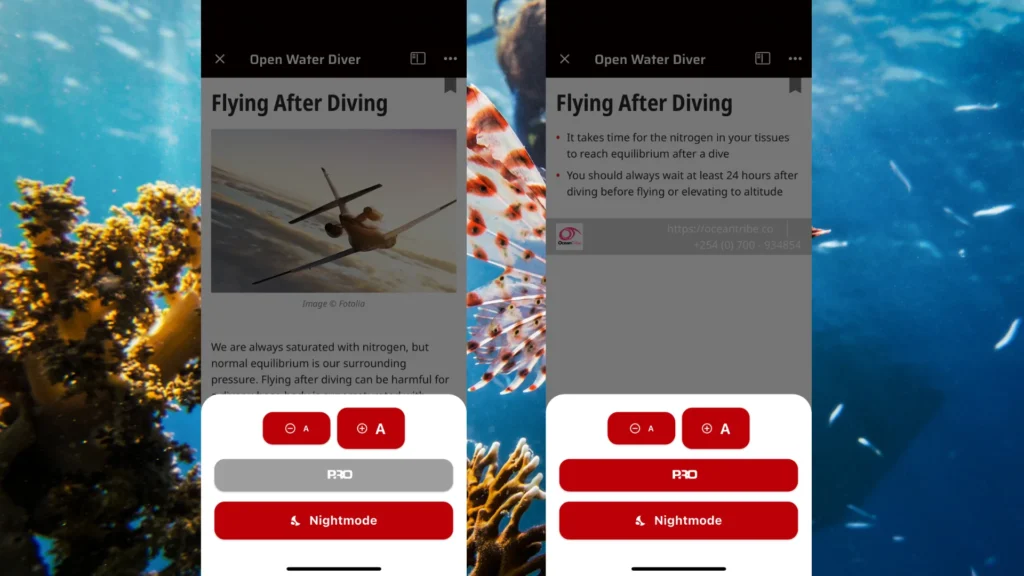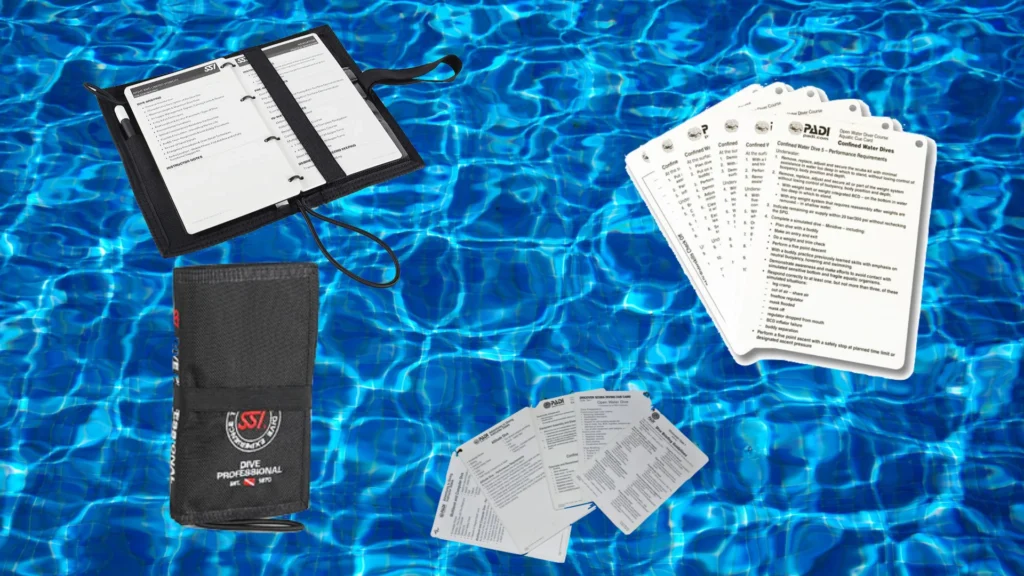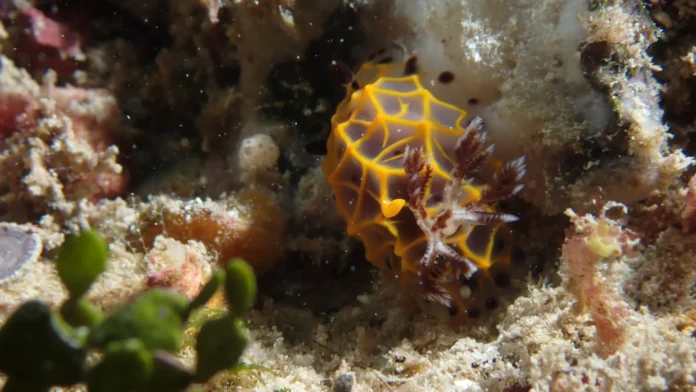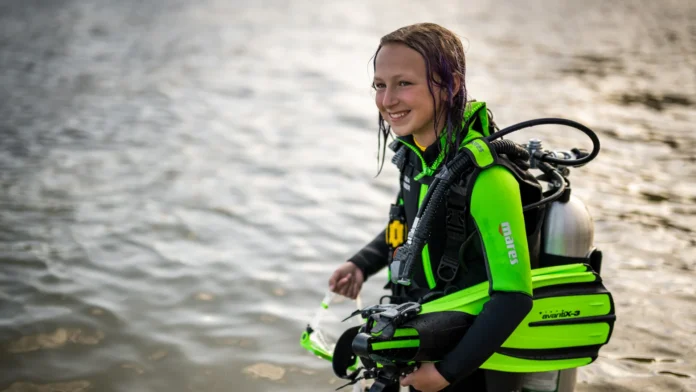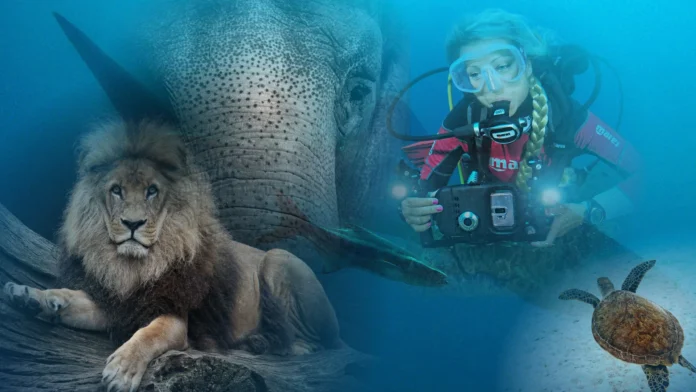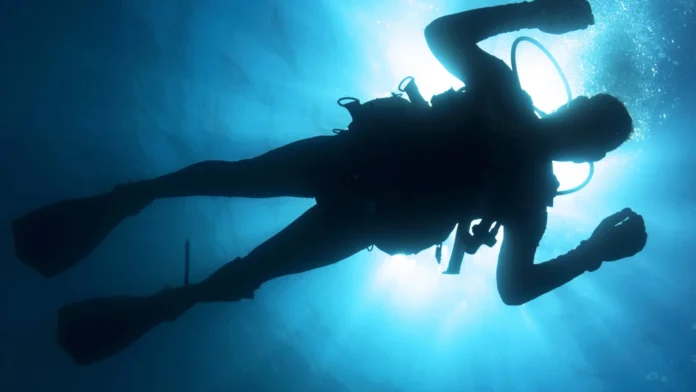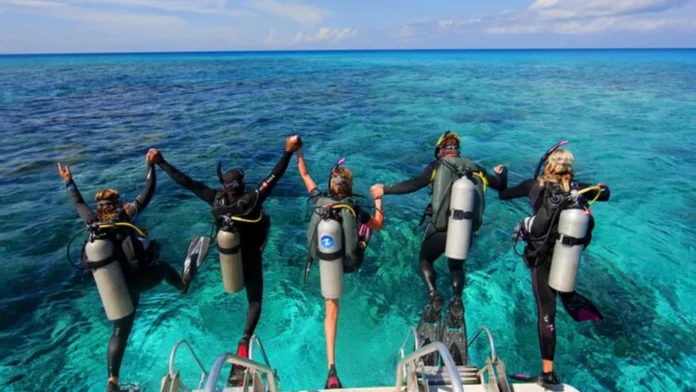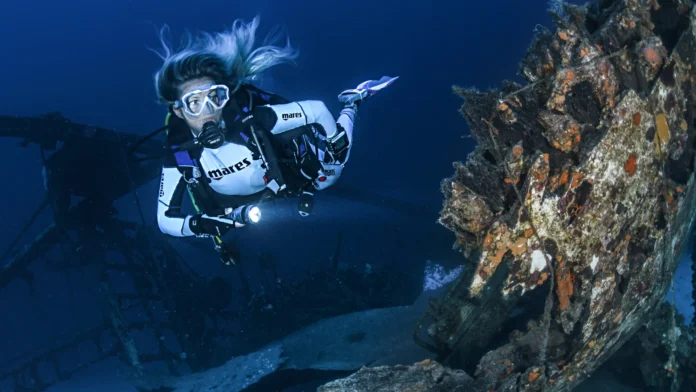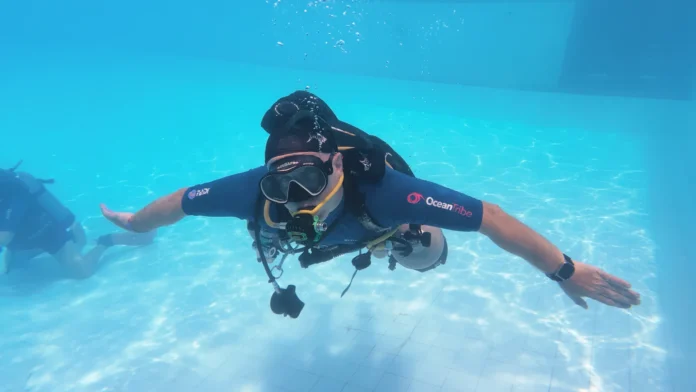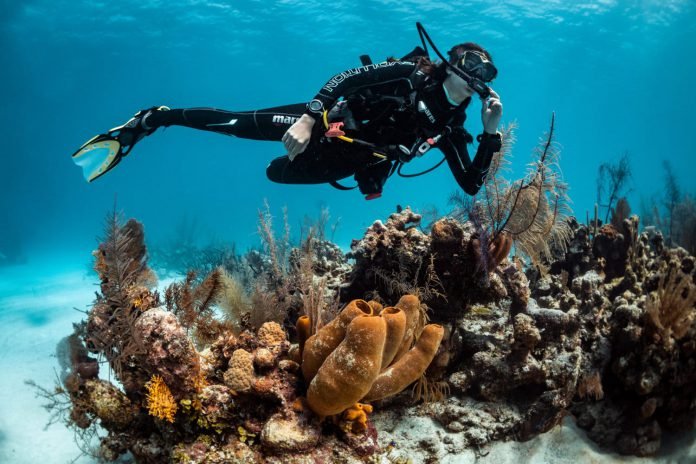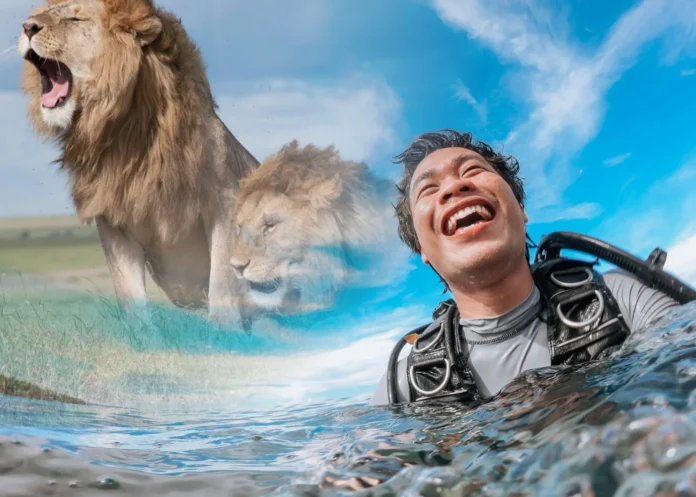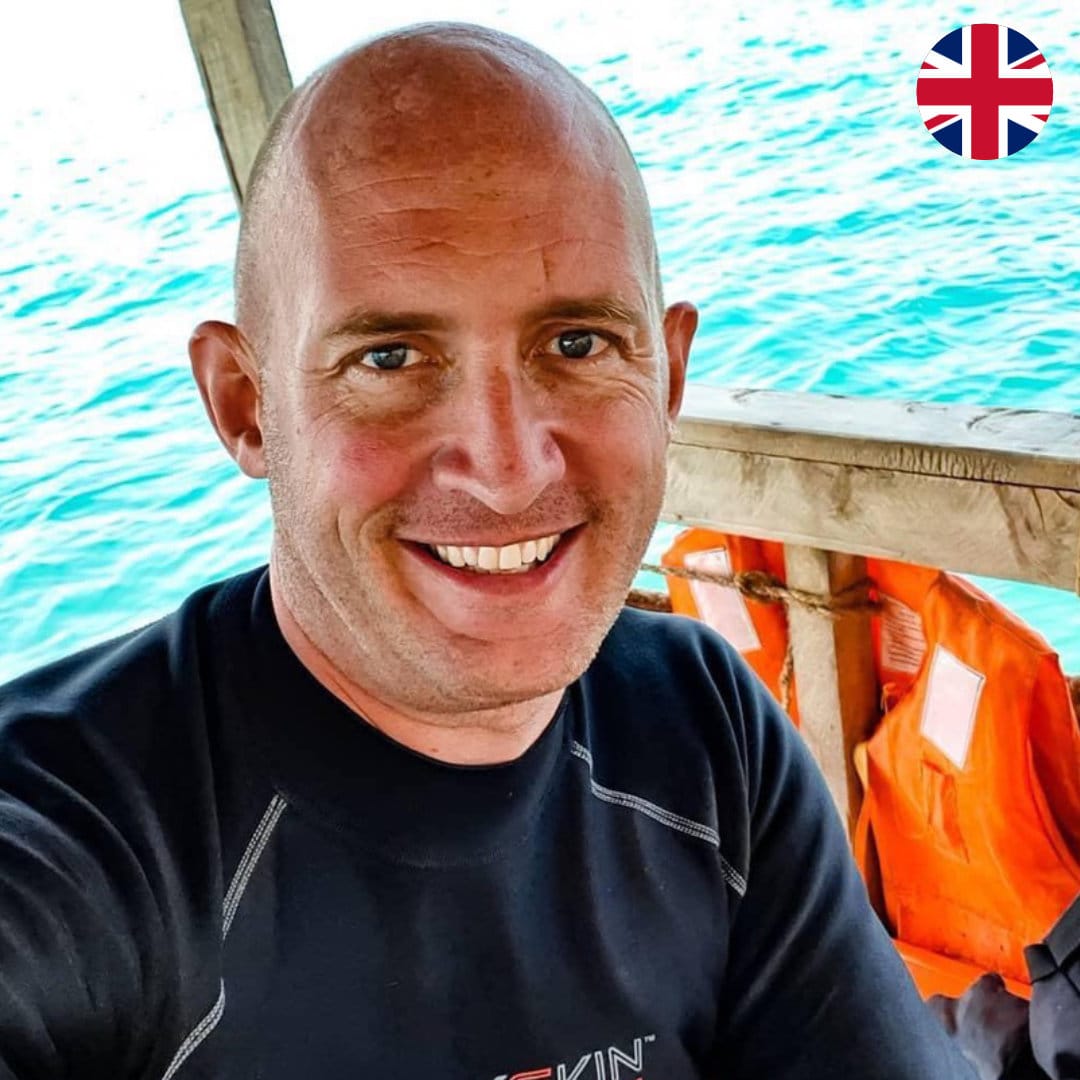If you’re considering the PADI IDC to begin your dive-instructor career, it’s time to pause. Today, that path—once seen as the gold standard—is slower, more expensive, and filled with hidden hurdles. With full packages now routinely costing $3,000–4,000 USD, choosing PADI first can leave you out of pocket by $1,200–1,800 compared to SSI. Even worse, the once-easy crossover from PADI to SSI now demands the same SSI Instructor Training Course plus Evaluation—no shortcuts, no savings. The smarter, simpler route? Go directly with SSI for transparent pricing, modern tools, and a flexible teaching approach—and keep your investment where it belongs: in your dive career, not in duplicate training and extra fees.
PADI IDC: The Established Path
The PADI Instructor Development Course (IDC) is a widely recognized route to professional diver status, typically spanning 7-12 days of training followed by a mandatory two-day Instructor Examination (IE). Pricing varies depending on location and inclusions: courses have listed tuition as low as $1,400, but with materials, application, and exam fees the total typically ranges between $2,800 and $4,000 USD.
SSI Instructor Training Course: Lower Cost, Fewer Surprises
In contrast, the SSI Instructor Training Course (ITC) + Instructor Evaluation (IE) generally costs between $1,100 and $2,500 USD, depending on the dive center and region. Ocean Tribe’s one in Kenya is $2199 including all materials and fees and even a free wildlife safari after graduation.
Even at the upper end, SSI still undercuts average PADI costs. SSI also includes digital materials, tuition, exam, equipment access, and sometimes lodging—eliminating many add-on fees.
Comparing the Numbers
Using average figures:
- PADI IDC + IE: ~$3,000 USD
- SSI ITC + IE: ~$1,800 USD
Average savings: ~$1,200 USD
When converted with mid-2025 rates (1 USD = 0.92 EUR, 0.80 GBP, 1.50 AUD), you’re saving approximately €1,100, £960, or A$1,800. In best-case scenarios (e.g., $1,100 SSI vs. $2,860 PADI), savings can reach $1,760 USD (~€1,620/£1,410/A$2,640).
Crossover Changes: No More Shortcuts
Until mid-2024, PADI instructors could crossover to SSI through streamlined processes. However, since January 2025, SSI now requires all crossover candidates to complete the full Instructor Training Course and Instructor Evaluation—the same requirements and fees as new SSI candidates . That means PADI professionals face the full cost (~$1,800–2,500 USD) and time commitment to obtain SSI credentials.
Why SSI Is the Smarter Starting Point
- Transparent, all-inclusive pricing with no “crewpacks” or surprise materials costs.
- Lifetime digital materials via the MySSI app—no extra fees.
- Pro Rewards system offers discounts on annual fees earned through teaching .
- No redundant training—starting with SSI takes you direct to certification, with no crossover delays or extra exams.
- Modern digital platform simplifies course management, compared to fragmented systems used by PADI .
Practical Takeaway
For aspiring instructors, the PADI IDC still offers global recognition, but nowadays comes with:
- Higher upfront cost
- Hidden or additional fees
- A requirement to redo full SSI training if switching later
By contrast, choosing the SSI Instructor Course from the start gives you:
- Lower total cost
- Inclusive fee structure
- Modern, flexible teaching tools
- No crossover complications
Frequently Asked Questions about the PADI IDC Vs SSI ITC
I’m told my SSI Instructor Certification won’t get me as many job opportunities as a PADI Instructor. Is that true?”
It’s a common concern. But the data and job market tell a more nuanced story. PADI boasts over 6,600 dive centers and resorts worldwide and around 128,000 professional members , which translates into a large global footprint and extensive job listings. Indeed, the PADI job board currently advertises 348+ instructor and divemaster roles, spanning high-demand locations like Australia, Maldives, Europe, and the U.S. .
However, SSI isn’t far behind. With over 3,500 authorized dealers and 35 regional offices worldwide, SSI supports a broad network of dive centers and many of these post jobs on the SSI careers page, which remains regularly updated . In tourist-heavy destinations, especially those shifting to SSI, instructors often report that SSI roles are “serious job offerings” and that “there’s a huge shortage of PADI instructors,” leaving openings for qualified SSI pros too .
What matters most isn’t which certification looks better on paper—it’s where you want to work and the local market demand. In areas saturated with PADI talent, SSI instructors may find less competition and stronger opportunities. Plus, many centers offer crossover benefits. SSI instructors are welcome to teach PADI courses in those centers, broadening your potential roles without extra certification.
Can SSI Instructors teach independently, like PADI Instructors?”
Yes—despite a common misconception. SSI instructors must affiliate with one or more dive centers, but this isn’t restrictive freelancing. One experienced instructor clarified:
“You are certainly able to be affiliated with multiple dive centers with SSI… simply ask the SSI regional office to add you as an instructor to the other dive centers you work with.”
In other words, you gain flexibility to work across locations without needing to manage your own shop.
Can I teach PADI courses with SSI certification—and vice versa?”
Yes, but with nuances. Historically, PADI instructors enjoyed easier crossovers to SSI. Today’s rules are stricter: SSI now requires all certified instructors to complete the full ITC + IE for crossover, equalizing the cost and effort . You lose the advantage of a fast or cheap shift.
Moreover, forum advice confirms:
“You can crossover from other agencies to PADI… but you have to go through the whole IDC process again and pay a fee.”
So regardless of your starting choice, expect to invest in agency-specific training to teach its courses fully.
Which agency has better support and materials?”
SSI clearly excels in digital infrastructure. With its fully digital MySSI platform, lifetime access to materials, and Pro Rewards for teaching, it’s tailored for efficiency . In contrast, PADI professionals juggle multiple platforms (although they have just merged several into one PADI app), paid updates, and separate fees for materials—even for each recognition card
Summary
- Job prospects: Both agencies offer strong opportunities; SSI is growing and often provides unique regional demand.
- Teaching flexibility: SSI allows multi-center affiliations, offering varying levels of independence. PADI by contrast allows you to be a full freelancer with no affiliation.
- Crossover: Neither pathway is shortcut-friendly anymore. You should expect full training and fees to switch agencies.
- Professional tools: SSI’s digital-first design and reward structure give it an edge in usability and cost-effectiveness.
Ultimately, the choice between PADI IDC vs. SSI ITC depends on where you aim to teach, your personal teaching style, and your preference for digital tools and pricing transparency. If your target is an agency with modern systems, clear value, and consistent support, SSI delivers strong advantages in 2025 and beyond.




